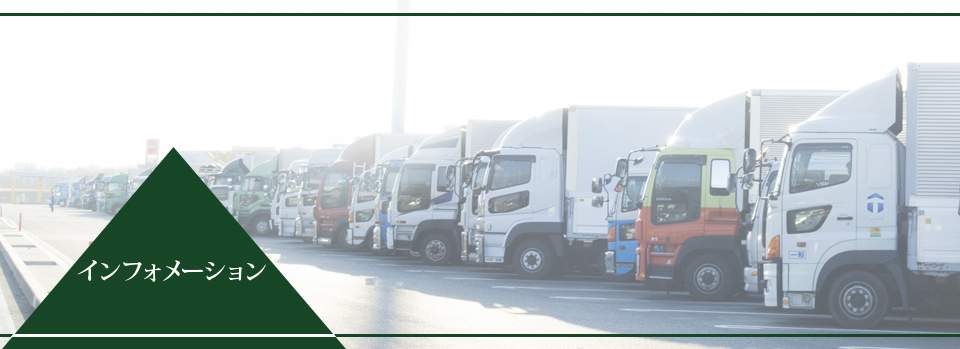Tenancy Agreement Singapore Commercial
2022年4月24日
As a business owner in Singapore, it is important to have a clear understanding of the legal requirements when it comes to renting commercial property. A key component of this process is the tenancy agreement, which outlines the rights and responsibilities of both the landlord and tenant.
Here are some important things to consider when drafting or reviewing a tenancy agreement for commercial property in Singapore:
1. Rent and Payment Terms: The tenancy agreement should clearly state the monthly rent amount and the due date for payment. It should also include any late payment fees and the consequences for failing to pay rent on time.
2. Security Deposit: The agreement should specify the amount of the security deposit required, as well as the circumstances under which it will be forfeited. The maximum security deposit allowed in Singapore is typically two months’ rent.
3. Maintenance and Repairs: The landlord is typically responsible for maintaining the structural integrity of the property, while the tenant is responsible for maintaining the interior and any fixtures or equipment provided by the landlord.
4. Use of Property: The agreement should clearly state the permitted use of the property, as well as any restrictions or limitations. It should also specify whether subletting is allowed.
5. Insurance: Both the landlord and tenant should have insurance coverage for their respective liabilities. The agreement should specify the type and amount of insurance required.
6. Renewal and Termination: The agreement should specify the duration of the tenancy and the conditions under which it can be renewed or terminated. It should also include any notice periods required for renewal or termination.
7. Access and Entry: The agreement should outline the conditions under which the landlord is allowed to access the property, such as for repairs or inspections.
8. Alterations: The agreement should specify whether the tenant is allowed to make any alterations to the property and, if so, what types of alterations are allowed and under what conditions.
9. Dispute Resolution: The agreement should include a mechanism for resolving disputes between the landlord and tenant, such as through mediation or arbitration.
10. Governing Law: Finally, the agreement should specify the governing law that applies to the tenancy agreement, which is typically Singapore law.
In conclusion, drafting a tenancy agreement for commercial property in Singapore requires careful consideration of the rights and responsibilities of both the landlord and tenant. By addressing these key areas, you can ensure that your tenancy agreement is legally sound and provides a clear framework for the tenancy relationship.

